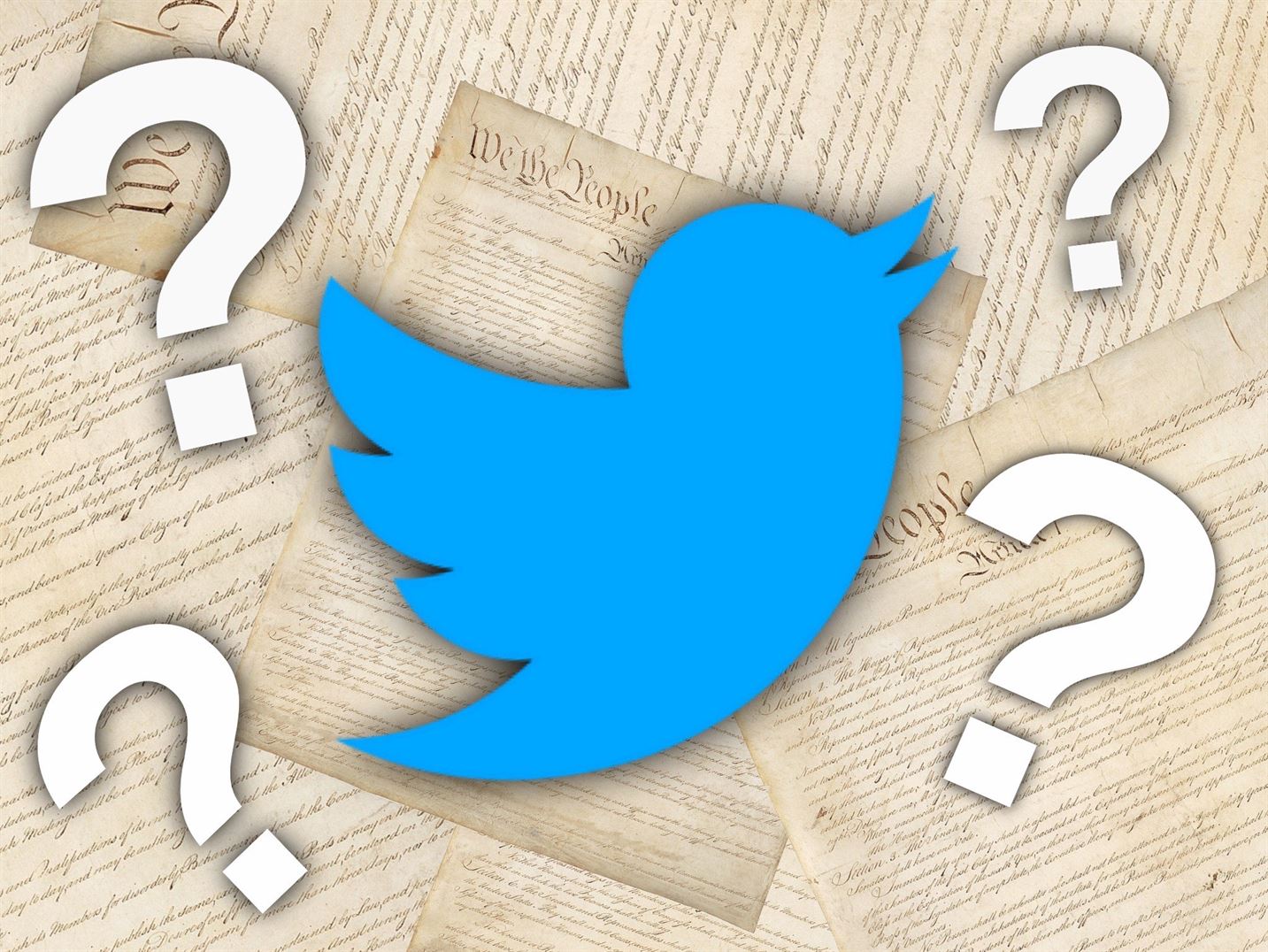This might be saturated with irony, to which the reader would be correct in assuming. In a lighthearted manner, I acknowledge that what I write here ultimately contributes to the cacophony of comments the internet suffers no shortage of.
Ironically enough, I began to draft this article prior to Twitter’s ownership change. It initiated my reflection on how I convey my opinions, and what I aspire to achieve with my writing. I now see its appropriate timing with the altered rules Elon Musk promises regarding Twitter’s speech tolerance.
Freedom of speech is a highly subjective ideology. Freedom, for the most part, invokes the notion that one may do as one pleases. This indeed extends to acts or behavior which may not suit a person’s surrounding audience, to which the “freedom” is further reiterated to typically account for negative conduct.
Being free is simultaneously a liberating and weighty experience. It’s one of the many things that come with being human. It has highs and lows, and it can ultimately be a grounding yet reckless venture.
Twitter’s change in policy is forcing us once again to clearly define what freedom means to us; what it means to us individually, societally and politically.
To be free is a balance between one’s self and regard for others around them.
As an individual, I believe there is a rudimentary constraint to practicing freedom of speech. We should possess a sort of intrinsic driving force. Whenever we post something online, we are considerate of the implications it has and whether they are appropriate, constructive or worthwhile.
The online world is assuredly a place flooded with explosive and abusive opinions. It is no coincidence that people online utilize pathos repeatedly to engage with an audience. It’s what hits home the quickest way with little effort.
Yet, we often leave out the other scaffolds that come with delivering a well-constructed message on social media. The art of persuasive speaking relies on ethos, the credibility of the speaker and evidence presented, and logos, the logic of it all.
In neglecting those, we evade delivering a meaningful, solid message. Furthermore, what we say does not hold up after the wave of reactions has passed. You might find yourself looking at an incomplete and immature idea, unraveling as its worthwhileness fades with time.
One may argue that people online purposefully eschew these pillars because they only care to inflame and propagate. That much might be true. It could also be indicative of how they simply do not care to actually converse; a somewhat obvious observation perhaps, but important nonetheless.
These are real people that we pass by every day. People weaving in and out of our lives. Some are living in the same country as us, yet hold varying explications of what freedom is all about.
What is said might be viewed as a winded endeavor to simply say “words matter.” If words really do matter, then is what we see online people’s true colors?
By no means is it an easy task to diffuse our emotions into fixated arguments and to clearly lay out our frustrations.
But avoiding this practice, or convincing ourselves that where we are is sufficient, robs us of the opportunity to grow and challenge all that we know.
I find that less restrictive guidelines should encourage us to be more articulate, more constructive or simply more aware of what it is we really want to say; especially in knowing that it is people are we talking about, not just ideas.
While a lot more can be said of this, what we can deduce with certainty is that freedom offers us a choice. But choices undeniably come with responsibilities.
The responsibility for the path you choose and responsibility for the outcome it has.
Do we all harbor that responsibility, whether we realize it or not? Is this what freedom of speech looks like once lifted from the paper and placed into real life?
This is something to consider as the next flutter of chirps swarms our phone.



